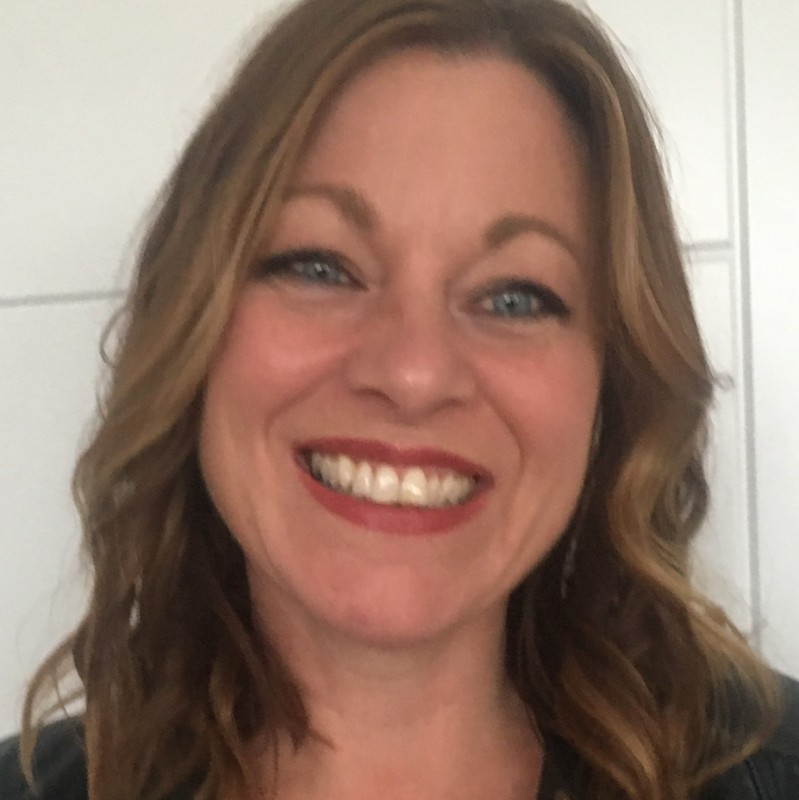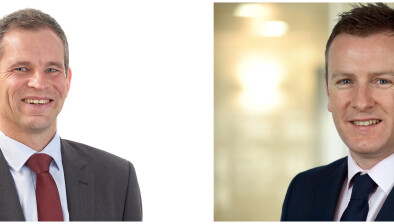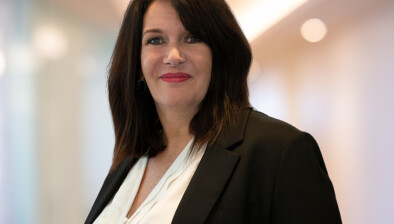Lucy Malarkey: Inclusion is everyone’s business

Lucy Malarkey
In a guest blog for the CIH Scotland website, Lucy Malarkey talks about the actions needed to create a truly inclusive culture within organisations.
Creating and maintaining an inclusive culture doesn’t happen by accident and it doesn’t happen in a vacuum, it requires action and that action is down to us all – inclusion really is everyone’s business.
Without doubt the role of leaders in creating an inclusive workplace culture is critical, leaders set the tone, they shape the policies and procedures and establish the strategic direction. But on a journey to an inclusive culture, a culture that embraces equity and truly values diversity, everyone has a role to play, because it doesn’t matter how committed an organisation may say that it is, how brilliant their statements are on the website or how active their Board and executive teams are at championing the agenda, if the people who work there just don’t feel it then all of that counts for nothing.
Equality, diversity and inclusion (EDI) isn’t rocket science (and I appreciate that I may be doing myself out of a job by saying so!) but it’s true. You don’t need an EDI qualification to make a positive difference and the positive difference we can all commit to is to being active allies. We all have the power to affect change and allyship is a movement that can inspire sustainable change.
So, how do we become active allies and what are the things we should be doing?
When it comes to being an ally the most powerful tool that we all possess is our voice. The language we choose to use, or not to use, says so much more than the words themselves. We can all commit to choose to use language that’s inclusive and respectful, to listen generously, to be empathetic and open to change. Through our language we can speak up and speak out, demonstrate support and advocacy for others. Through our words alongside our actions we can effectively challenge, and challenge in the moment. And by opening up conversations and discussion we can build empathy and understanding, breaking down stereotypes and assumptions.
Whilst our voice can be our most powerful tool, our inner voice can also be the biggest hurdle to overcome. So often our fear of getting something wrong, of embarrassing ourselves or others, stops us from doing or saying something when we should. We can be inclined to avoid discussing things that may feel uncomfortable or we don’t think we know enough about.
An active ally, however, is comfortable with being uncomfortable, they appreciate that they will never know everything, no one ever does, and they take the time to develop their learning curiosity and deepen their understanding about difference.
Whilst there may be some doubt about whether Gandhi actually said the words or not, the quote often attributed to him, ‘be the change you want to see in the world’ is very appropriate when you consider allyship. When we adopt this mantra it stops us from judging others, it replaces complaining with reflections on self and it stirs us into taking action.
So, be brave, use your voice to positive effect, be an effective and active ally and be the change you want to see. Inclusion is all of our business.
- Lucy Malarkey is the director of Positive about Inclusion, and the managing director of WISH (Women in Social Housing). Follow Lucy on Twitter @LucyMalarkey and connect through LinkedIn @lucy-malarkey
Find out more about equality, diversity and inclusion
CIH has a range of materials available to support individuals and organisations, including the CIH EDI Framework. Find out more here.







